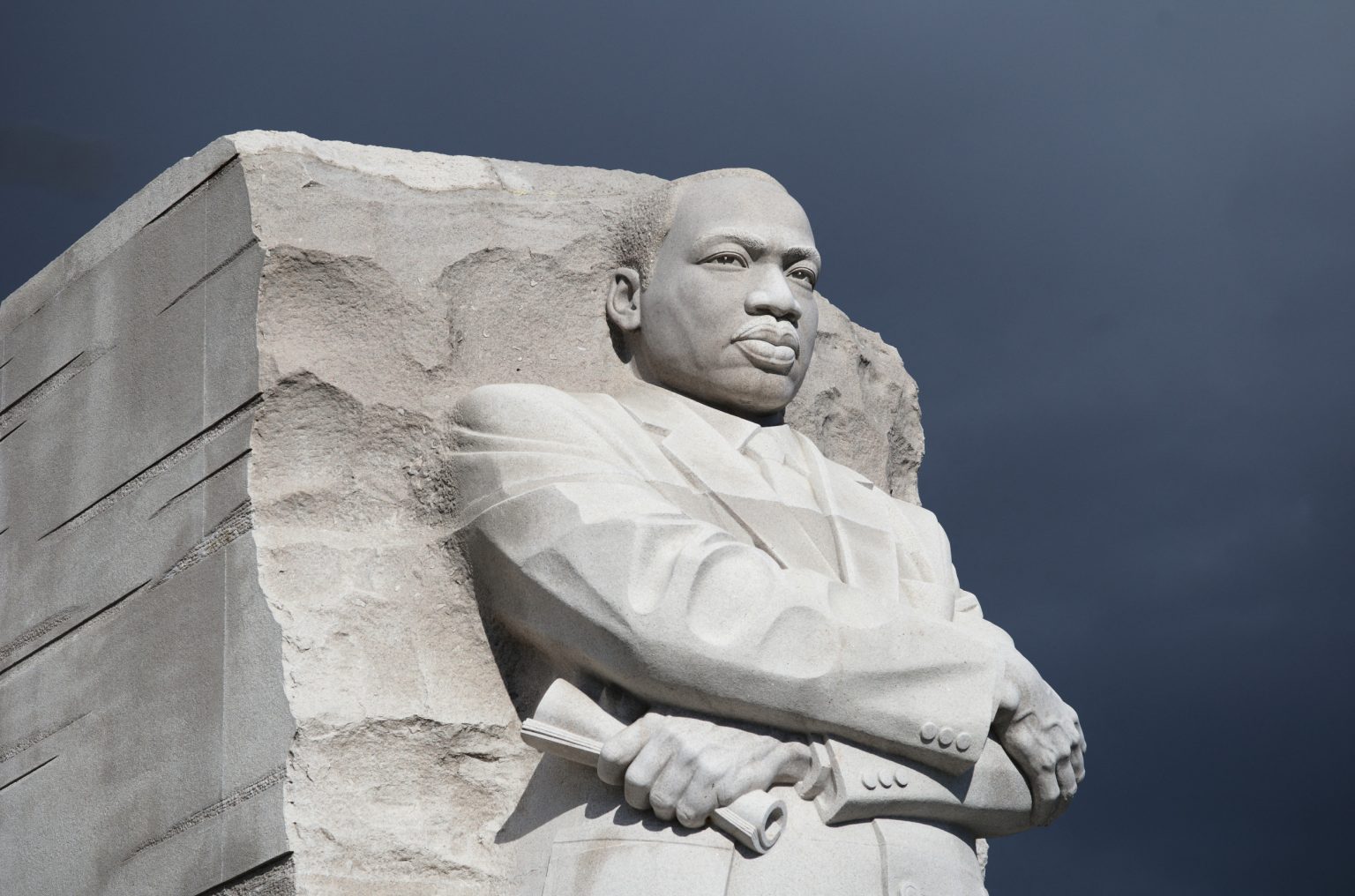Martin Luther King III, son of the iconic civil rights leader, reflects on his father’s dream and its relevance in the current sociopolitical climate. He emphasizes the fragility of the dream amidst deep national divisions, yet maintains that his father’s message of hope, patience, and perseverance remains crucial. He urges a rejection of fear and division, advocating for a choice of community over chaos, echoing his father’s vision of a “Beloved Community” rooted in justice, nonviolence, and equal opportunity. This call to action extends to all Americans, regardless of political affiliation, urging them to embrace service and continue the work towards realizing his father’s dream. This service, he argues, can take various forms, from community engagement to social initiatives, reminding us that collective individual actions can spark transformative change. He challenges individuals to reflect on their role in realizing Dr. King’s dream within their own communities and how they intend to uphold his legacy.
Central to his reflection is the enduring legacy of his mother, Coretta Scott King, who worked tirelessly to establish Martin Luther King Jr. Day as a national holiday. Her decades-long dedication, spanning educational campaigns and bipartisan lobbying efforts, underscores the commitment and time required for genuine societal change. Mrs. King’s vision for the holiday emphasized service as the most effective way to honor Dr. King’s legacy and advance his pursuit of a just and compassionate society. Her words, “freedom is never really won,” serve as a powerful reminder of the ongoing struggle for justice and the need for continued vigilance and action. This continuous effort, King III argues, is essential for confronting the ongoing challenges facing the nation and carrying forward the ideals of love, compassion, and equity.
King III connects the concept of legacy to service, defining it not by material possessions or family name, but by daily actions and a commitment to community service. He uses the example of neighbors helping each other during the devastating Los Angeles fires to highlight the power of human solidarity in overcoming adversity. This spirit of mutual support, he suggests, embodies the essence of the King legacy, which extends to anyone striving for peace, justice, and equity. He reinforces this idea with his father’s quote, “Everybody can be great because everybody can serve,” emphasizing the universality of the call to service.
He calls upon everyone to observe Martin Luther King Jr. Day not just as a commemoration but as a renewed commitment to building a better world through community service. He specifically encourages individuals to contribute to the ambitious goal of 100 million volunteer service hours to “Realize the Dream.” This commitment can manifest in various ways, from food drives and supporting local initiatives to dismantling systemic injustices – all practical steps towards realizing his father’s vision. This active engagement, King III emphasizes, is the true meaning of legacy – a purpose-driven life that transcends self-interest and focuses on positive community impact.
The essence of legacy, as King III defines it, is the individual impact made on communities through the application of unique talents, passions, and resources. He urges everyone to strengthen their resolve to make a difference in the lives of others, emphasizing the collective power to build a future that reflects Dr. King’s dream of a Beloved Community. This community, grounded in justice, compassion, and shared responsibility, embodies Dr. King’s commitment to nonviolent protest, service, and the unwavering belief in the ultimate triumph of love and justice over hate and division. This, King III asserts, is the legacy he has chosen for himself and the legacy everyone should strive to embody daily.
In conclusion, Martin Luther King III’s message is a potent call for unity and action. He weaves together the legacies of both his parents, emphasizing the continuing struggle for justice and the power of service to build a better future. He challenges individuals to actively participate in realizing his father’s dream, urging a commitment that goes beyond mere commemoration and translates into meaningful action within communities. He defines legacy not by inheritance but by intentional, daily contributions to the common good, emphasizing the collective responsibility to create a world rooted in justice, compassion, and equity. His call to action, grounded in the principles of his father and the unwavering dedication of his mother, serves as a powerful reminder of the ongoing work required to build a truly Beloved Community.

